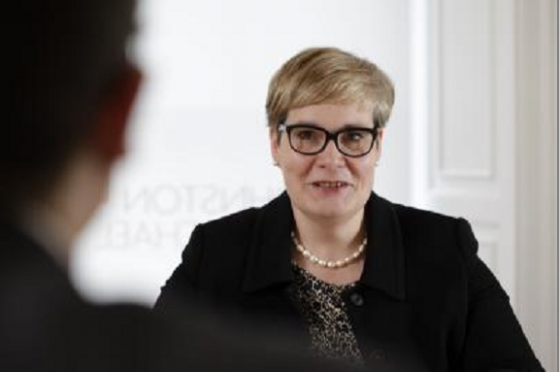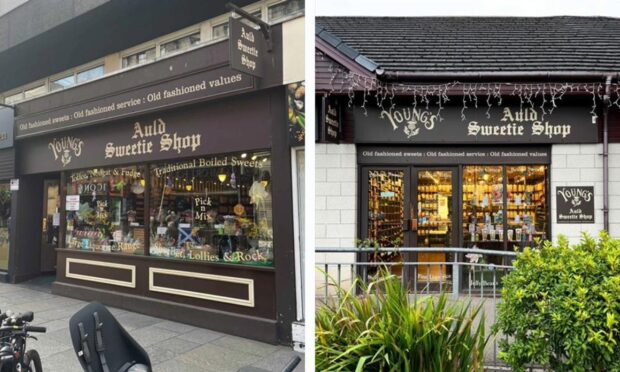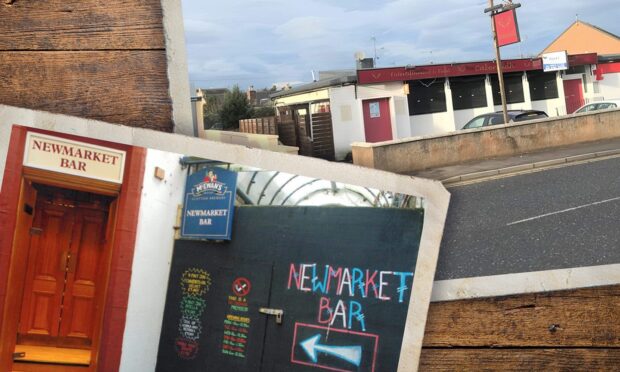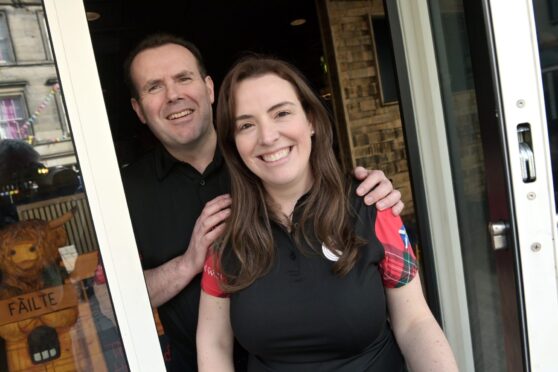Small businesses welcomed a “stay of execution” delivered in yesterday’s budget over requirements to file tax returns online, but most other companies in the north-east must still comply by April 2018.
Susie Walker, head of tax at Johnston Carmichael, said: “Making tax digital (MTD) is a major issue for businesses across the north-east of Scotland.
“There are thousands of businesses in a position where, from April next year, they will be required to report their income, expenses and profit to HMRC on a quarterly real time basis using a completely digital platform.
“These businesses, many of them sole traders in rural areas involved in farming, food production and other associated activities, in many cases don’t have access to broadband never mind having a Wi-Fi signal in their offices – but they are absolutely going to be required to make this transition within a very short timeframe.
“While the Chancellor in part listened to pleas made for time to prepare for the move to digital reporting, the stay of execution to 2019 he introduced today for those below the £85,000 VAT threshold only covers a small proportion of businesses in the region, for example someone with one furnished holiday let may get another year to prepare; but a few holiday lets could tip them over.
“Across Aberdeenshire, Moray and the Highlands, you will find businesses still working with fully paper-based accounting. They are not computerised at all, and don’t have the online access needed to be able to comply as the new tax year approaches.”
Andy Willox, the FSB’s Scottish policy convenor, said: “The decision to delay the quarterly tax reporting requirements for firms underneath the VAT thresholds buys both our smaller firms and his government a little bit of time.”
NFU Scotland’s parliamentary officer Clare Slipper said: “For smaller farm businesses, there would have been some relief in the news that the Government will provide an extra year, until April 2019, before MTD is mandated for those with turnover below the VAT threshold, providing such businesses with a bit more time to prepare for digital record keeping and quarterly updates.
“However that leaves VAT registered unincorporated businesses still facing early compliance and that will impact on the majority of farm businesses – a significant concern that was raised by NFUS in its submission to the Treasury ahead of the Budget.










